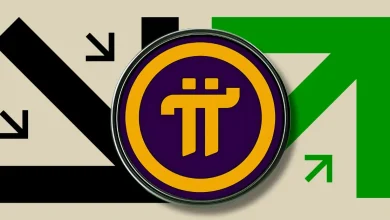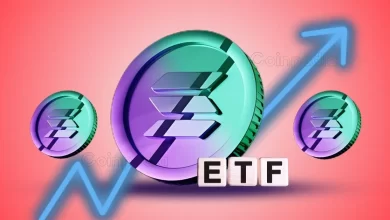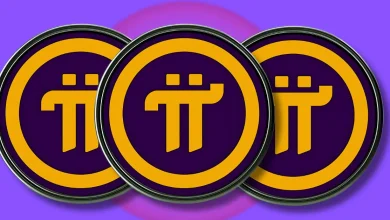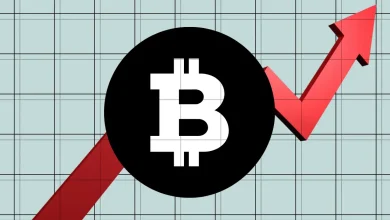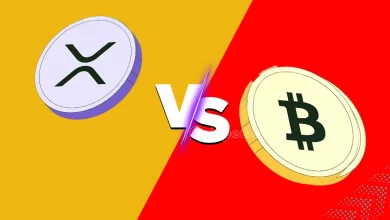The XRP Ledger (XRPL) offers incredibly low transaction fees, with an average fee of $0.0002.
XRPL's transaction fees are significantly lower than those of other popular blockchains, such as Bitcoin, Ethereum, Cardano, and Polygon.
Experts believe that XRPL has the potential to revolutionize traditional money transfer systems, making them faster, cheaper, and more efficient.
Recent data reveals that the XRP Ledger (XRPL) is shaking up the financial sector with its remarkably low transaction fees. With a mission to make finance accessible to all, XRPL has achieved something that many blockchain networks aspire to but often fall short of—economic efficiency. The latest figures indicate that the average transaction fee on the XRPL is an astonishingly low $0.0002. In practical terms, this means you can conduct a staggering 5,000 transactions for just $1.
To put this in perspective, it’s worth noting that a $1 bill won’t even get you a domestic wire transfer in a U.S. bank. The average fee for such a transaction stands at a whopping $30, as reported by Forbes.
XRPL vs Bitcoin and Ethereum
Although Bitcoin and Ethereum offer significant advancements over traditional finance systems, their transaction fees leave much to be desired. Data from blockchain analytics platform Ycharts shows that Bitcoin’s average transaction fee currently hovers around $2.070. Under these conditions, not even a single Bitcoin transaction can be initiated for $1.
Similarly, Ethereum, despite its transition to a Proof-of-Stake (PoS) model last September, has an average transaction fee of $0.639. Essentially, $1 will allow you to make just one transaction on the Ethereum network. The leftover $0.361? That could fuel up to 1,805 XRP transactions, dramatically underscoring the fee disparity between the two.
Also Read: Was the XRP Ledger Centralized from the Start? Ripple Community Debates
Cardano and Polygon: Low But Not Low Enough
Cardano (ADA) and Polygon (MATIC) were built on the PoS framework from their inception, aiming to offer more affordable transaction fees. While their fees are indeed lower than Bitcoin and Ethereum, they still lag behind XRPL’s affordability.
Data from Cardano Explorer reveals an average transaction cost of 0.17 ADA ($0.042). Therefore, you could initiate 23 ADA transactions for $1, outperformed by XRPL’s 5,000 transactions. Polygon, a layer-2 scaling solution for Ethereum, fares a bit better with an average fee of $0.0007. Still, at 1,428 transactions for $1, it remains 3.5 times more expensive than XRP.
Expert Insights
John Deaton, Lawyer & Founder of Cryptolaw, tweeted that Ripple has the capability to revolutionize traditional money transfer systems like MoneyGram and Western Union. The tweet emphasized Ripple’s ability to conduct international transactions for less than a penny, challenging the conventional fee structures that can go as high as 15%.
Bill Morgan, an Australian lawyer, also highlighted the openness of the XRPL for project development, especially in the retail sector, and its role in making cross-border payments cheaper through its On-Demand Liquidity (ODL).
With an unbeatable record of offering 5,000 transactions for $1, it’s clear that the XRP Ledger is not just competing—it’s dominating.

